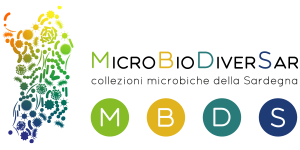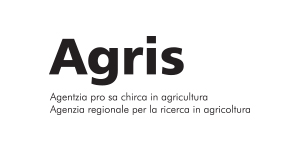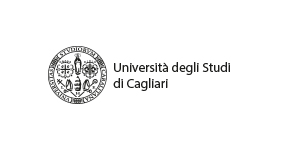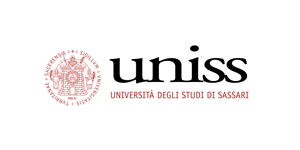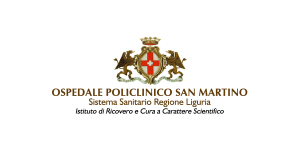AGRIS Sardegna – Agricultural Research Agency of Sardinia
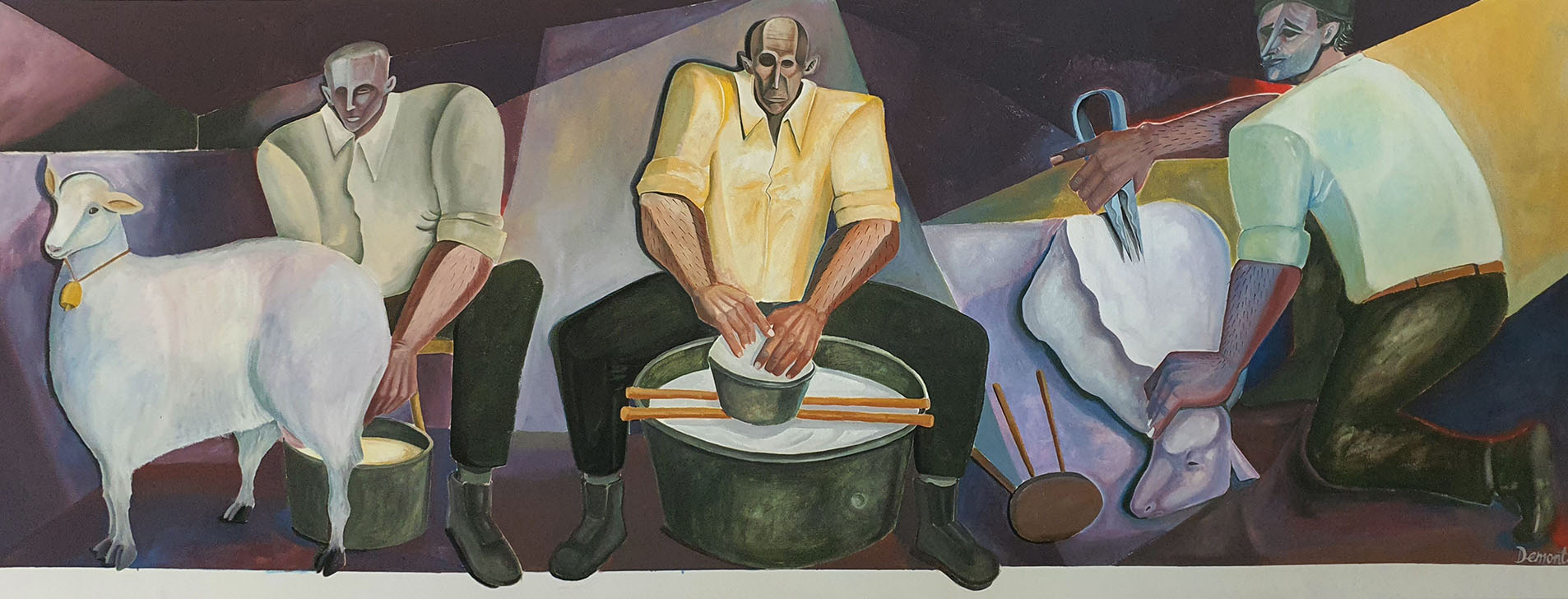
The Regional Agricultural Research Agency of Sardinia (Agris Sardegna) has been established in 2006, from the joining of five former regional institutions dealing with different aspects of agriculture research and development. The mission of the Agency is fostering sustainable rural development, protecting and enhancing animal, plant and microbial biodiversity, developing the agricultural, agro-industrial, forest and fishery sectors. To achieve its aims, Agris is involved in different activities, such as: research and development projects; technical and scientific advice to farmers, agri-food industries, and PDO products consortiums; training and dissemination.
The Division “Products of Animal Origin” is composed by four research units: Microbiology, Chemistry, Technology, and Sensory quality and enhancement of products. The Division has an experimental dairy plant in which traditional production technologies are studied and innovative production solutions are sought, and educational spaces and laboratories equipped to perform: classical and molecular microbiological analyses for autochthonous lactic acid bacteria identification, characterisation, safety, preservation and use in agri-food manufacturing; chemical analyses (macrocomposition, lipid fraction, protein, aromatic volatile profile) for the study of the nutritional properties and shelf-life of agri-food products; sensory characterization and study of products, food habits and consumer perception, with particular attention to traditional and PDO Sardinian products. All the four units are involved in high level education of students and technicians.
The Microbiology Unit is also committed to the conservation, protection and enhancement of microbial biodiversity through the maintenance of one of the microbial autochthonous strains collections included in the MicroBiodiverSar project. The BNSS (Bonassai-Sassari) microbial collection was founded in 1967 and is mainly constituted by lactic acid bacteria isolated from sheep and goat milk and cheese, but isolates coming from other matrices, such as fermented meat products, table olives and brines, ovine and fish gut, ram semen are also present. The collection is made up by over 10,000 frozen (-80 °C) and/or freeze-dried isolates (5,500 genetically identified) and natural mixed cultures partly included in the database published on this site, partly in a filing system for the laboratory use only. Occasionally, when requested, starter cultures are provided, free of charge, to local dairy plants, after an official request and the signature of a MTA.
Key persons for the BNSS microbial collection:
- Roberta Comunian PhD
In charge of the Microbiology Unit of the Products of Animal Origin Division
rcomunian@agrisricerca.it - Elisabetta Daga PhD
Researcher at the Microbiology Unit of the Products of Animal Origin Division
edaga@agrisricerca.it - Dr Antonio Paba
Researcher at the Microbiology Unit of the Products of Animal Origin Division
apaba@agrisricerca.it - Ilaria Dupré PhD
Researcher at the Microbiology Unit of the Products of Animal Origin Division
idupre@agrisricerca.it - Rosanna Floris PhD
Researcher at the Fisheries and Aquaculture Unit of the Fish Products Research Division
rfloris@agrisricerca.it
